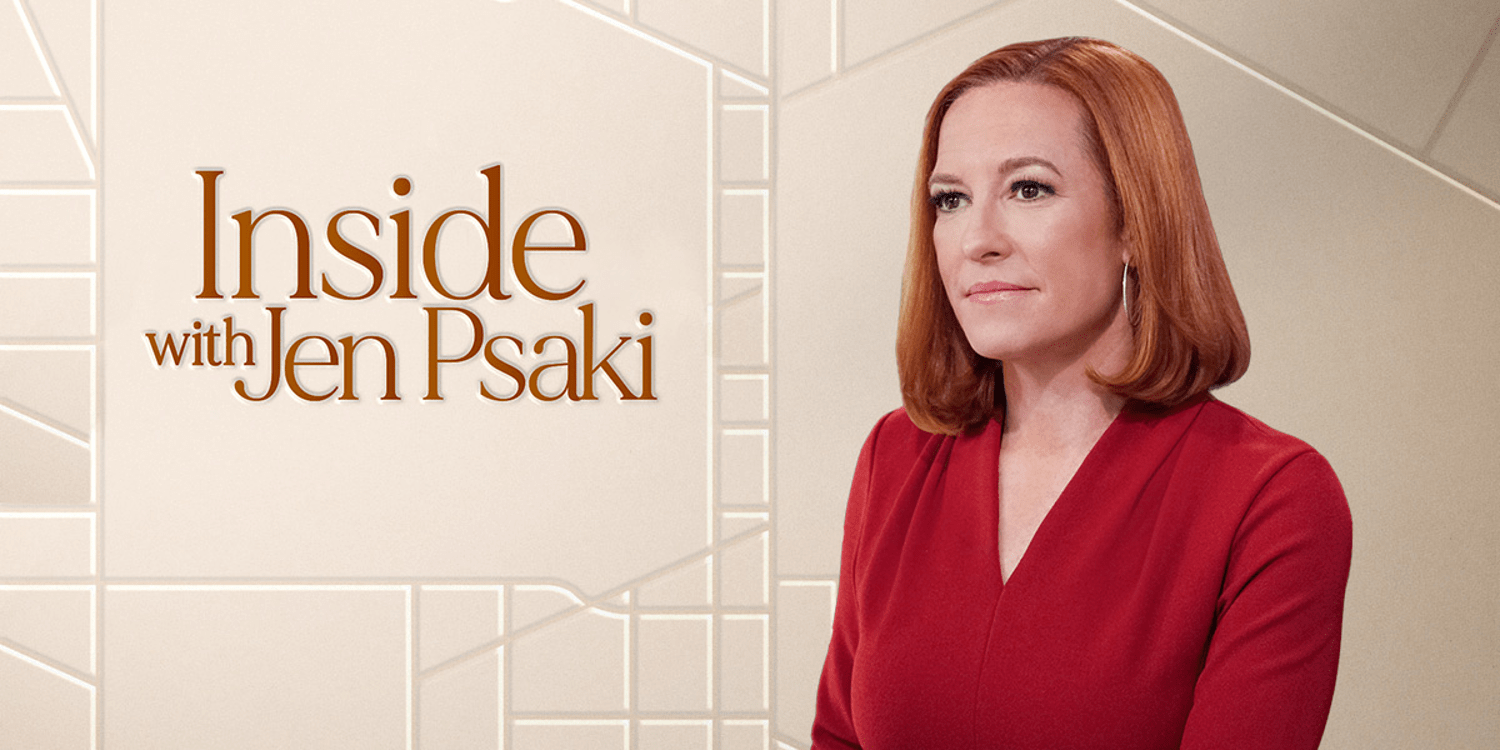
Beating Trump at the debate
This year has already shown debates can have an incredible impact.
Now, we’ll have another chance to see their importance. On Tuesday, Vice President Kamala Harris will have her first — and possibly only — opportunity to stand on a stage and debate Donald Trump.
Because Trump opted to avoid the peaceful transition of power with his actions on Jan. 6, 2021, Harris and Trump have never met. That adds some drama to the initial moments of the debate, raising the question of whether they shake hands. (My view is that she should try.)
Right now, Harris and her team are holed up in Pittsburgh preparing for the debate. Here are three things that I wager they are thinking about:
- How she should react to a Trump attack. Trump loves going on offense, and it’s more than likely that he’ll launch attacks that are lacking in facts, racist or sexist, and possibly all three at once. She and her team have deployed a smart strategy of making Trump seem small and ignoring his most juvenile attacks. The challenge for her is that this debate is also about introducing herself to viewers who are still on the fence. There’s a delicate balance between hitting back and communicating a message about herself and her own approach.
- How she can expand her coalition. Harris has made tremendous headway bringing voters back to the Democratic column, especially key voting blocs such as young people and Black and Latino voters. But she still needs to gain more among these groups to reach the levels where Hillary Clinton and President Joe Biden were at this time in their races. To do that, she’ll need to tie her debate answers into her forward-looking vision for the country, presenting herself as the change candidate and Trump as the tired, old dog with no new ideas.
- How she can draw a contrast with Trump. Every election is a choice. There are few moments that make that choice more clear than when the two candidates are standing side by side on the debate stage. Harris and Walz have worked to frame the choice as Trump is fighting for himself while they are fighting for working people. That contrast needs to be presented loud and clear in this debate.
A story you should be following: Liz Cheney voting for Harris
Life comes at you fast. Twenty years ago, Vice President Dick Cheney was running for re-election as a Republican. On Wednesday, his daughter, former Rep. Liz Cheney, announced she would vote for the Democratic vice president.
It wasn’t necessarily shocking, given the years she has spent as an outspoken critic of Trump over his role in the attack on the Capitol.
But it’s still significant. Only four years ago, the younger Cheney referred to Harris as a “radical liberal” in an interview with Fox News.
And unlike other Never Trump Republicans who hem and haw and just say they won’t be voting for Trump, she gave Harris a full-throated endorsement. In remarks at Duke University, she told students they need to vote against Trump and emphasized the need to avoid third-party candidates.
“I don’t believe we have the luxury of writing in candidates’ names, particularly in swing states … as a conservative, as someone who believes in and cares about the Constitution, I have thought deeply about this and because of the danger that Donald Trump poses, not only am I not voting for Donald Trump, but I will be voting for Kamala Harris,” she said.
To be sure, the Cheney endorsement isn’t going to lure MAGA loyalists over to the Harris-Walz team. But it could give independents and even democracy-loving conservatives permission to not just skip voting for Trump, but to vote for Harris.
Someone you should know: Deputy Attorney General Lisa Monaco
While much of the spotlight falls on Attorney General Merrick Garland, another key player in safeguarding our elections from foreign interference is Deputy Attorney General Lisa Monaco.
This week, Monaco has taken on a leading role as the Department of Justice steps up efforts to counter foreign election interference.
Speaking at the American Bar Association’s annual meeting, Monaco emphasized the DOJ’s efforts to help tech companies combat misinformation on their platforms, saying “we will provide companies with actionable intelligence so they can make decisions regarding abuse on their platforms by adversaries conducting foreign malign influence operations, including targeting our elections.”
Monaco’s experience in national security runs deep. From 2013 to 2017, she served as homeland security and counterterrorism adviser to President Barack Obama. In this role, she coordinated responses to a range of threats, from cyberattacks to terrorism, and was a leading voice on cybersecurity policy. She also spearheaded the development of the 2016 Cybersecurity National Action Plan, which laid the groundwork for a long-term strategy to protect U.S. cybersecurity interests.

Leave a Reply